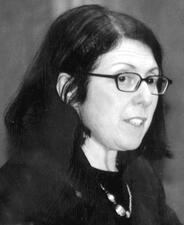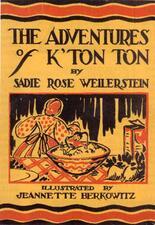
Sadie Rose Weilerstein
An award-winning children’s author and the creator of the beloved Jewish story-book hero K’tonton, Sadie Rose Weilerstein’s stories for Jewish children in English heralded the beginning of a new genre. Weilerstein published the first version of The Adventures of K’tonton in 1935, and by 1964 she had published eleven books.
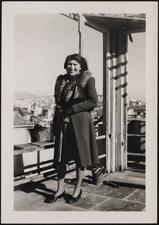
Gladys Davidson Weinberg
Gladys Davidson Weinberg’s pioneering archaeological work on ancient and medieval glass and its manufacture in the Mediterranean world sheds light on the trade and technology of preindustrial societies.

Hanna Weinberg

Jill Weinberg

Jennifer Weiner

Josephine Stern Weiner

Miriam Weiner
Through her genealogical program Routes to Roots, Miriam Weiner helped Jews access historical records that had survived the Soviet suppression of information throughout Eastern Europe.

Randi Weingarten

Anita Weinstein

Danielle Weisberg
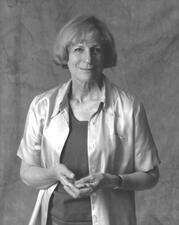
Ruth Weisberg
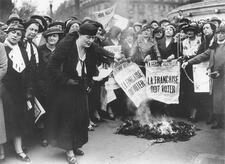
Louise Weiss
Considered an architect of European unity, Louise Weiss is best known for her campaigns on behalf of the peaceful resolution of international conflicts during the interwar years and the Cold War. She also worked on behalf of Jewish refugee rights in the late 1930s and was a leading feminist activist who focused on obtaining the right for French women to vote.
Edith Weiss-Mann
Edith Weiss-Mann’s distinguished career as a concert artist, music journalist, and teacher led to universal acknowledgment of her tremendous influence on new music in Germany during the interwar period. Along with other musicians, Weiss-Mann pioneered the revival of the harpsichord and baroque music in particular.
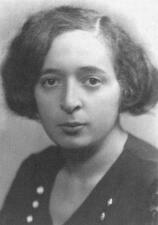
Trude Weiss-Rosmarin
Trude Weiss-Rosmarin made great advances for women’s involvement in Jewish life through the schools she created and her editorship of the Jewish Spectator. A dynamic speaker backed by broad-ranging Jewish scholarship and a prodigious memory, she was a popular lecturer at synagogues and Jewish centers across the United States and a foremost critic of American Jewish life and institutions.
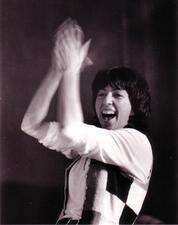
Naomi Weisstein
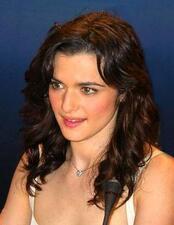
Rachel Weisz
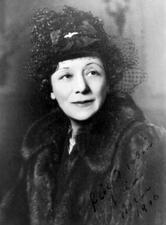
Vera Weizmann
A Zionist and a physician, Vera Weizmann was a founding member of the WIZO. She accompanied and assisted her husband Chaim, the president of the Zionist Federation of Britain and first president of Israel, as he negotiated the founding of a Jewish state.
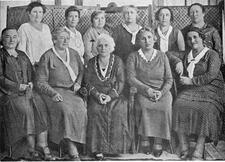
Rosa Welt-Straus
Esther Ziskind Weltman
Trustee and philanthropist Esther Ziskind Weltman was instrumental in giving shape and focus to Jewish philanthropy in the United States in the post–World War II years.

Pauline Wengeroff
Pauline Wengeroff was the author of an extraordinary two-volume work in German, Memoirs of a Grandmother: Scenes from the Cultural History of the Jews of Russia in the Nineteenth Century. First published in 1910, the memoir richly depicts traditional Jewish society in Russia, its unraveling during the nineteenth century, and the devastating impact this dissolution had on families and especially on women.
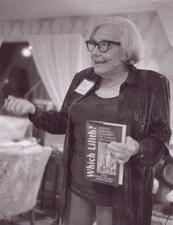
Henny Wenkart

Shoshana Werner
After years of service in the Haganah and the Auxiliary Territorial Service, Shoshana Werner was appointed as the second commanding officer of the Women’s Corps of the Israel Defense Forces in 1949.
Dinah Werth
Dinah Werth was active in Jewish defense starting in 1942. She joined the ATS and later served in the Women’s Corps, reaching the rank of colonel.
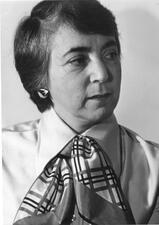
Barbara Mayer Wertheimer
Barbara Mayer Wertheimer gave a voice to the voiceless, empowering thousands of women union workers through her initiatives in the late 20th century. Wertheimer established the trade union women’s studies program in 1972 and developed several other academic programs, giving working women access to education and the ability to interact and organize with other union workers.

